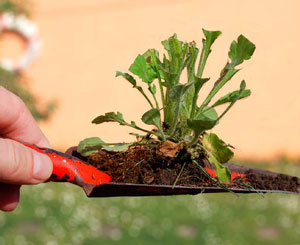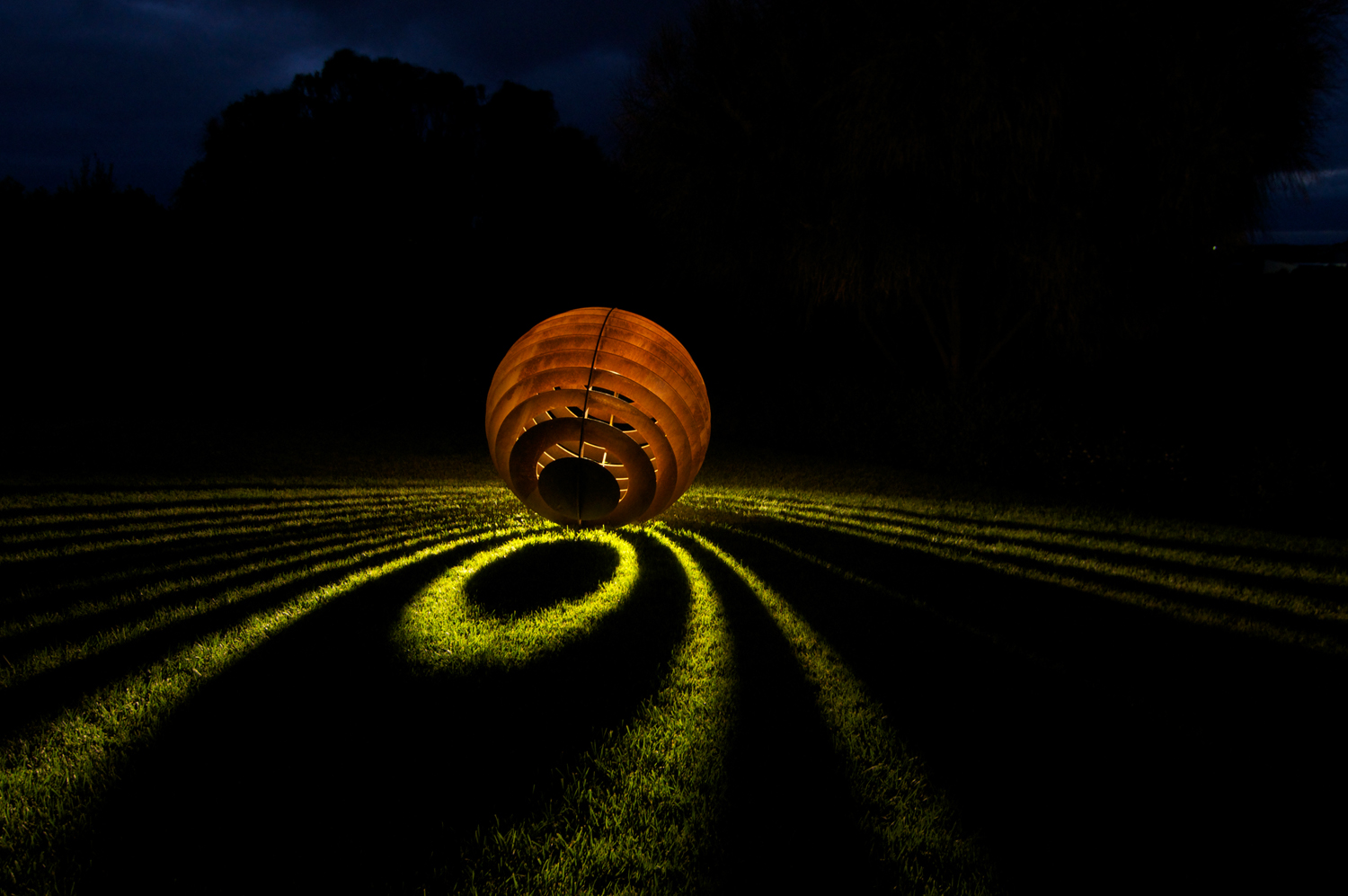Fruit trees
• Apply bluestone spray to fight off any fungus looking to invade your nectarine and peach trees.
Cool climate: Don’t spray trees that are still in full bloom or you will burn the flowers and cause them to fall off.
Temperate: You should be up to the third application of spray with two more to go and no signs of leaf curl on your stonefruit trees.
Tropical: It will be necessary spray straight after any heavy rainfall to avoid mildew and rust developing.
Flowering plants
It’s mid-spring so your garden should be full of colour and fragrance.
• Watch out for aphids on your roses. Don’t be shy about spraying them with pyrethrum every week to stop the little suckers ruining the new buds and succulent shoots.
• If pyrethrum isn’t something you want to use, take a damp cloth and lightly wipe each infected branch. Aphids that fall to the ground never make it back up again.
Cool climate: Keep an eye out for black spot — spray with bluestone if it appears. Thin out the centres to create better air flow to reduce the chances of it occurring.
Temperate: Dead-head spent flowers and apply a small amount of compost to ensure plants have a good supply of nutrients for the second burst of flowers.
Tropical: Watch out for rust and downy mildew caused by high levels of humidity. Apply bluestone spray every two weeks to control the problem.
Vegetables
• Remember that white fly is a major pest in the garden, so it’s better to spray your garden beds and surrounding lawn areas regularly with a natural solution such as garlic, vegetable oil and water before these creatures take hold in your garden during the coming hot months.
Cool climate: Keep a close eye out for signs of whitefly nesting in garden beds and lawns; they are waiting for warm temperatures to arrive before they attack. Mount a pre-emptive strike by spraying with garlic oil as a preventive.
Temperate: Thin out the centres of plants by removing some leaves and branches to create better air circulation. This will help reduce the whitefly population — and any other nasty insects. Apply garlic oil spray every five to seven days on the underside of the leaves to control pests.
Tropical: Spray plants with garlic oil on a regular basis to control insect attack and use bluestone spray to prevent the development of mildew and other fungi.
Grafting
If you want to try your luck grafting a fruit tree, now is the best time to start practising your technique as there’s good sap flow through the trees at this time of year. You’re sure to be the talk of the neighbourhood.
• Don’t forget your budding tape and grafting paint, which you’ll need to provide the best protection for your graft and bud work.
Cool climate: Cover your graft with a plastic bag and tie it just below the graft union. This will help stop the scion (twig) from drying out due to high winds.
Temperate: Move pot specimens to a protected area if hot weather is predicted, or cover with shadecloth or similar, but be careful not to disturb the graft.
Tropical: Remove any new growth that has developed below the graft union to ensure sap flow is uninterrupted and continues to flow towards the scion as it grows.
Citrus trees
Every garden should have a citrus tree, especially a lemon variety. If you don’t have one, now is a great time to plant one in your garden. Citrus trees not only produce wonderful fruit but they’re also great to grow in the front garden to help shade windows from the hot sun and screen from the street with their thick foliage.
• If space is an issue, plant a dwarf variety as a pot specimen. Dwarf varieties generally grow to only two metres but still produce plenty of fruit.
• Watch out for scale developing on your citrus trees. Obvious signs are black sooty mould developing on the branches and lots of ants running around in a frenzy.
Cool climate: Begin spraying your citrus trees with Eco-Oil as a preventive measure. Alternatively, you can make your own organic oil: mix 1 cup of vegetable oil with 1 litre of water and some organic soap, bring to the boil, allow to cool and spray.
Temperate: Some citrus trees may need a light prune and thinning of the centres to help establish good air flow and sunlight penetration for the new blossoms to set fruit properly.
Tropical: Mulch around the base of your citrus with some pea straw or similar to help keep the moisture in the ground during the long hot summer days.
Garden weeds
Don’t wait for weeds to flower in your garden to find out what they are. As soon as they appear, pull them out by the roots and throw them into your compost bin. Letting them flower will only allow seeds to spread throughout the rest of the garden. Recognise your weeds today and get rid of them before they multiply in plague proportions.
Cool climate: Small weeds can be pulled out by hand, but for larger and more tenacious types, use a garden fork to turn over the soil and loosen the roots, then gather them with a garden rake.
Temperate: Pour boiling water over the weeds during the heat of the day and within seconds they should wilt to nothing. The hot sun will also help to dry out weeds, roots and all.
Tropical: Sprinkle iron chelate over the weeds when rain is predicted. Hot weather and water will help dilute the iron, causing the weeds to burn. It’s also a great way to fertilise your lawn and flowering garden beds at the same time.
How to make bluestone spray
• Take 1 teaspoon of copper sulphate (bluestone) and wrap in an old pantyhose stocking. Tie a knot so the bluestone doesn’t escape and clog up the nozzle.
• Place the tied pantyhose in a one-litre plastic spray bottle.
• Take 2 teaspoons of hydrated lime and place it in the bottle with the bluestone.
• Fill the bottle close to the rim with water.
• Shake the bottle.
Tip: Prepare a fresh bottle of solution each time.
Use the entire solution each application or the bluestone will settle to the bottom and harden if left overnight. If you don’t use the entire contents, discard safely. Don’t tip it down the sink as it will clog the pipes.




